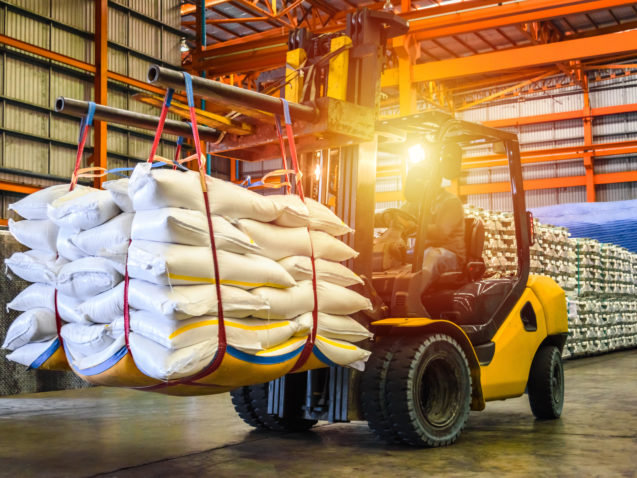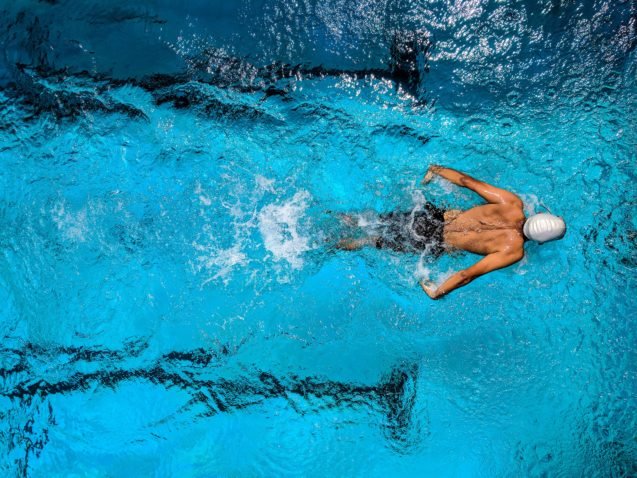As part of our #FoodFuture project we’re asking how we can deliver truly sustainable food systems. We’re listening to farmers, consumers, policymakers, businesses, NGOs, academics and others. By listening and working together, we will create a better future. This month we’re looking at the active lifestyles and we spoke to Udo Herz, President of Specialised Nutrition Europe, to tell us more.
Our lives have recently changed with the pandemic. More than ever, physical activity has now emerged as a key mental and physical health aspect. In the context of lockdowns and restrictions, sport offers us the opportunity to release pressure and to maintain our physical and mental wellbeing.
We are proud that Specialised Nutrition Europe (SNE) is a nutrition partner to the European Week of Sport (23-30 September), a European Commission initiative to promote sport and physical activity among European citizens. Through this partnership, we confirm our commitment to the promotion of physical activity, to inspire people and help them building a healthier and active lifestyle.

Physical activity touches upon many apsects of our life and health. In that sense, we welcome the inclusion of health promotion through access to healthy diets and physical activity in the recently published Europe’s Beating Cancer Plan, acknowledging the essential role that sports plays for our health. Along with maintaining a balanced diet, taking part in regular exercise helps to keep us healthy. It is well known that physical inactivity is a leading risk factor in global mortality.
How are sports foods used?
Today, sports foods are used by millions of professional and amateur athletes as well as sports enthusiasts across Europe. Sport nutrition fuels the body needs to support the physical activity, facilitating the repair and rebuilding process following the physical activity, and optimizing the performance. Sporting people and athletes have very specific nutritional needs including more micronutrients, intense hydration, and higher energy, protein, and sodium intake. Sports nutrition products are specially formulated for exactly this purpose, to help sportswomen and sportsmen meet their full potential before, during and after physical exercise.
What are the different types of sports foods?
- Carbohydrate-rich energy food products
- Carbohydrate-electrolyte solutions
- Protein and protein components
- Supplements containing substances such as caffeine, amino acids or creatine.
Yet, the current EU legislative framework on general food does not consider the specificities of sports foods, preventing appropriate labelling and putting at risk its safe use. Without such adaptations, consumers will not have access to the information they need to use sport foods properly and safely.
Against this background, SNE welcomes the publication of the first-ever European wide standard to prevent the presence of doping substances in sports nutrition and food supplements (February 2021). From the very start of the discussions, our sector has been fully supportive of the development of this first-ever European wide standard to prevent the presence of doping substances in sports nutrition. We have been at the forefront to provide our expertise to build good development and manufacturing practices aimed at preventing the presence of prohibited substances in food intended for sportspeople.
This is a steppingstone to improve consumers’ information on doping in sports nutrition, delivering across Europe a common information for sports nutrition products complying with this new CEN standard.
We are also pleased to see that a definition of “foods intended for sportspeople” has been included in this standard.
SNE has been calling for the establishment of such a definition in the EU legislation for many years, as this is a pre-condition to recognise the specific nutritional needs of athletes and sportspeople.
We hope this will serve as a reference in upcoming EU discussions to ensure the safe use of sports nutrition and improve consumers’ information.







